
(JollofNews) – The political class in Great Britain and the Gambia are facing distinctive political issues that raise the question of legitimacy which both are struggling to satisfy so as to retain their grips on power. For Great Britain, Brexit has been a throbbing headache for Theresa May’s Government as the legitimacy of the Brexit vote seems to be increasingly called into question, while Gambia Government is struggling to justify to the Gambians that it has the legitimacy to govern beyond the three years term contrary to the Coalition’s agreement.
Clearly, in these circumstances citizens have become sceptical about their government’s ability to operate within its mandate. In my opinion, it would constitute travesty of democracy if the governments fail to seek informed consent of the citizens. Legitimacy encompasses moral and psychological acceptance of a government.
Its philosophical principles support the primacy of the concept of informed consent which supports the notion that a government can only have the legitimacy to govern if it obtained its citizens’ informed consent. Elections and referendum are considered as credible mechanisms which governments can use to obtain citizens’ consent but they must be free from politics of deception for citizens to make the right choices. During the Brexit campaign the political class blatantly disregard their moral and legal duties to impart objective truth of Brexit so as to enable British people to make an informed choice about the UK’s exiting of the European Union. Utterances of deceitful information seem to have negated the consent of the voters, which suggests to me that British people had not made an informed choice about Brexit. The misinformation was deliberate on the part the political class for obvious political gains.
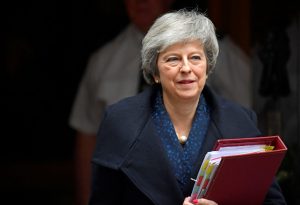
As a result of fiasco created by the Brexit vote, Great Britain had spent the past two years arguing with itself, while attention is being diverted from the social inequality that exists in British society. The Government is so preoccupied with dealing with the political fallouts of Brexit, while its manifesto agenda is kicked into long grass.
The position Britain found itself can only be the making of self-serving politicians. It has now become increasingly clear that the current government is losing the legitimacy to deliver Brexit as it struggles to amend the political fallouts from the Brexit negotiations. Indeed the ramifications of the Brexit have yet to come as others contemplate the idea that Downing Street may change face in the New Year. Perhaps, that is credible as Theresa May looks exhausted in the hands of hardliner right-wing conservatives, while Mr Corbyn is constantly repositioning to stabilise labour support by appealing to the Labour working-class voters who mostly voted Brexit. Corbyn’s recent political repositioning is a politically-loaded strategy designed not to upset Labour’s core voters, testing times for Great Britain.
As an individual who voted to remain in the EU, I suggest a second referendum will give legitimacy to Brexit. While the consequences of holding another referendum in a bid to break the deadlock may be seen by some as undemocratic, its purpose is to seek the informed consent of the voters so as to legitimise Brexit. Let’s remember the fact without legitimacy, democracy becomes meaningless jargon.
Turning to homeland The Gambia, since the collapse of APRC Gambians seem to be enjoying a renewed sense of liberty as the government continues to promote freedom of expression that guarantees citizens’ liberty. Many Gambians now see politics as a plausible means to get into power; this has galvanised those with the means to form their own political parties or to rejuvenate old ones. There can be no doubt this renewed sense of politicking had led to fragmentation of common political grounds. As a result, there is no common political majority that can decisively form a government without political affiliation of the parties on mutual understanding. This makes The Gambia situation interesting because it implies that coalition governments may be a likely way forward for The Gambia.
Although I believe that coalition government is a better representative of a heterogeneous society like The Gambia, I am also aware of its limitations. The works of coalition tend to be impeded by indecisiveness because parties are likely to push forward their own individual political agendas at the expense of others, which can result in political deadlocks. This makes coalition government less reliable to provide the economy with the certainty it needs to grow than a government propelled to power by a clear majority.
Against this backdrop, the coalition seems the only realistic future government that can command majority in the Gambia. Given the state of the political parties in The Gambia, many Gambians are now questioning whether the current government will have the legitimacy to rule after three years.
Indeed, while the President is constitutionally mandated to rule for five years, the legitimacy of his Government would depend upon whether it has the common majority to command public confidence for it to continue ruling pursuant to the five years mandate. Judging by the recent political bickering that seemed to have engulfed the Gambia’s political landscape, there will not be a common majority that can meet the legitimacy test as parties continue to pursue their individual political ambition.
It stands to reason that after the three years, the Government is bound to lose the legitimacy to rule. In other words, the government will not have the consent approval of the majority of the citizenry.
Therefore, it will lack the moral authority to impose itself upon the citizens. Such a situation will lead to a constitutional crisis if no common ground can be forged between the parties, whereby election seems the only possible cure. Perhaps, the parties to the coalition will come to the realisation that without pulling their forces and resources together they cannot create a common majority capable of forming a government.
As natural bedfellows, the Coalition’s partners are capable of creating a unifying solution to survive the divergence in Gambian politics. Coalition parties need to put on hold their individual political ambition for the collective good of the country. Of course, they are also at liberty to embark on an individual fanciful journey of winning of the presidency at their own peril. Indeed, power is tempting and intoxicating particularly to those who found themselves in its shadows. But make no mistake; an attempt to dislodge an incumbent African government through a ballot box can be difficult. In particular, if those attempting to do so fail to provide Gambians with credible alternative plan that would transform Gambian lives.
A legitimate government is the one that is best placed to serve the collective interests of its people, and also the one that has the moral and legal authority to rule its people.
Theresa May’s Government should resolve the Brexit legitimacy by allowing a second referendum. While the Gambia Coalition is at liberty either govern as a unit for five years, or runs the risk of creating political uncertainty, which may lead to an early election, the outcome of which may not be favourable to anyone. Perhaps, a referendum to decide whether the current government should rule beyond the three years will cure the legitimacy deficit to give the government moral authority to rule for the constitutional mandate, if it wins the referendum.
Testing Time for the political class!!


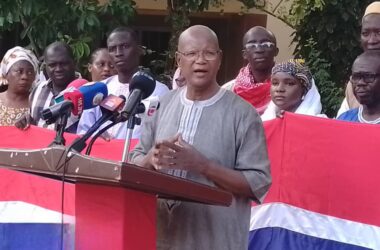
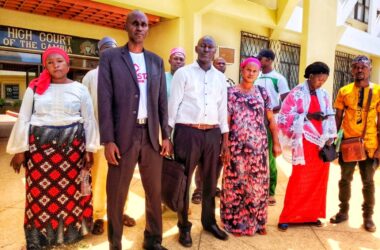
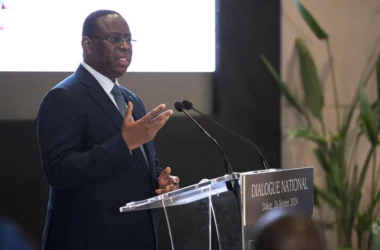
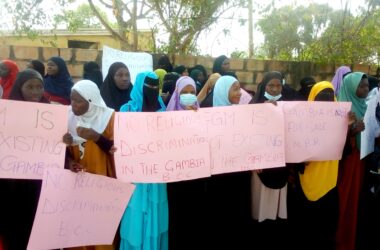
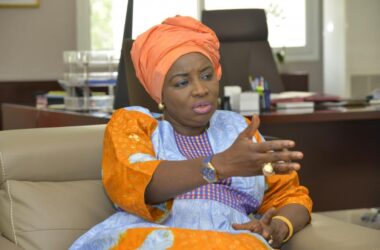




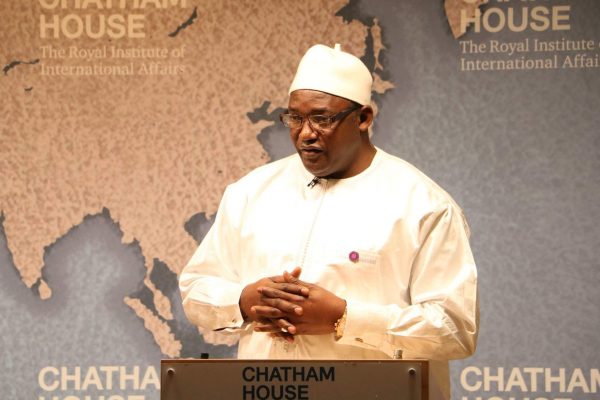

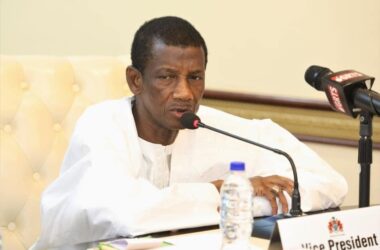
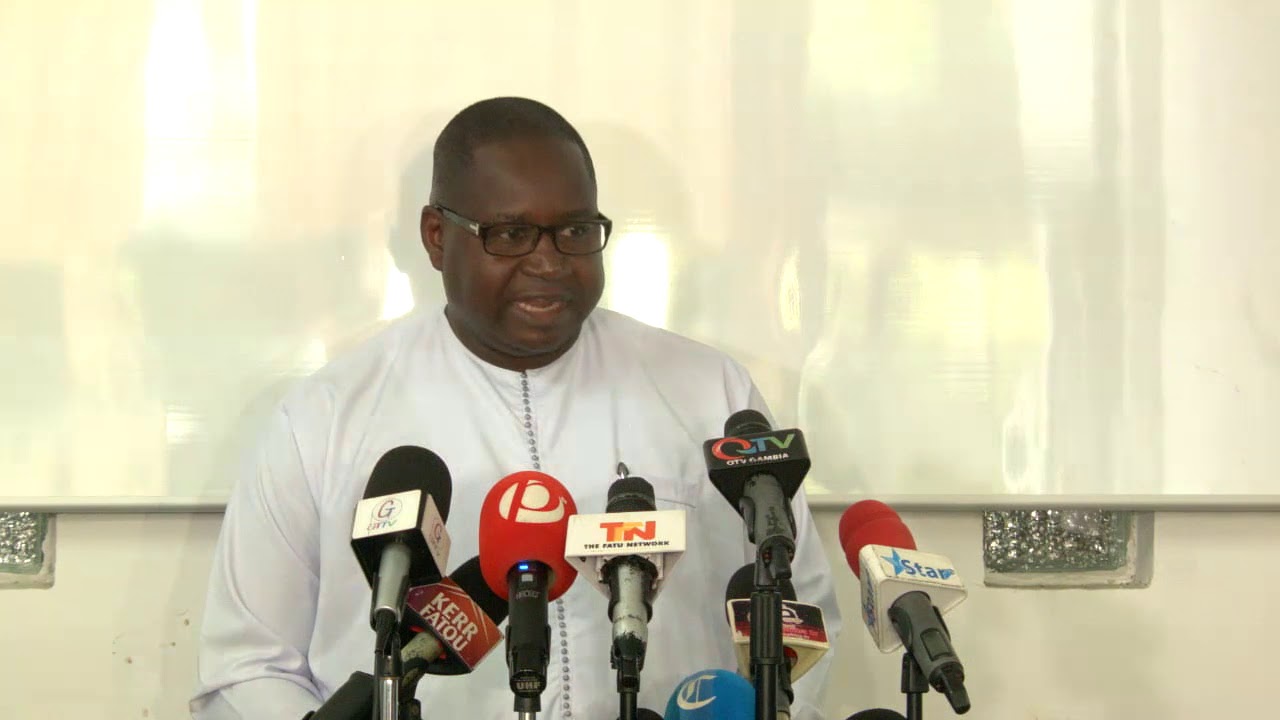

Re remain.
You remain, lobbyists, will not be happy until you win this referendum, now you lot are sounding like Yaya Jammeh, when he lost the votes(as the remain votes, has in this case).
The reason why Theresa May, is struggling
1. She is incompetent when it comes to negotiation
2. She is sabotaging the process on purpose.
3. She voted to remain in the UK.
I don’t know about you, but I prefer to be governed by publicly elected leaders.
One Man that I know, George Soros, has contributed millons to de-rail, this legitimate referendum.
Tell me, did some of the crumbs fall on your table, from the Open Society, via (OSIWA) open society initiative for west Africa?
Tell me, do you know how prosperous the UK and her people were, before we joined the EU?
Infact the club that you want to stay in, told us, that we were only joining the European market, and would not be governed by Europe, that’s how they pushed us through the back door.
Listen man, EU is only good for multinationals (businesses), cheap labour, that’s it.
Correction.
3. She voted to remain in the EU.
https://youtu.be/iOWmBKN0MJw
Solomon, I don’t think we need a referendum to decide if Barrow should stay for 3 or 5 years- there is no deadlock to break here.
Barrow campaigned for 3 years; they agreed to that timeline as a Coalition so it has to be honoured. If he becomes insincere, it makes it hard for another Coalition government to get us out of our a similar situation.
You may recall that T. May promised to step down before the next elections. Let’s see if she honours that or not. I make this point because you’ve drawn parallels between the political dilemma of The Gambia and UK. And please, don’t bring the issue of Constitutionality here as Mr. Halifa Sallah would. Words are important, especially for leaders. I think that when the time comes, Mr. Halifa Sallah would not be in the side of President Barrow when the Coalition MOU 2016 expires. 2019 will be an interesting year for The Gambia.